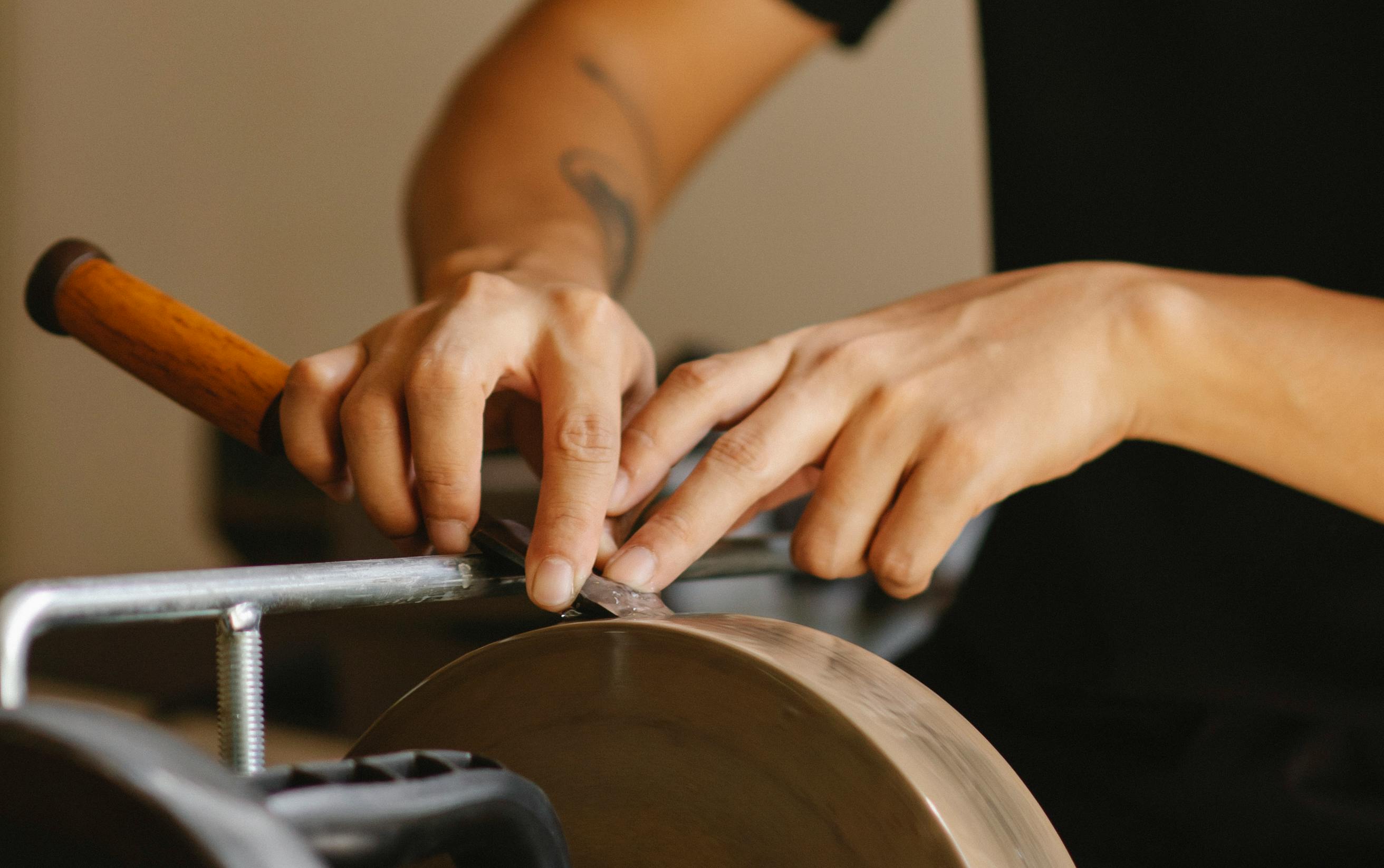The owner of the pawn shop, the lender, makes loans on personal property left as security for the loan. You, the customer, pay interest on the loan, and the interest rate is regulated by the state in which you live. Per month, the interest rate can range anywhere from 2 percent to 24 percent, again depending on the rate set by your state. You get your property back when you repay the loan plus interest plus any special fees charged. The average time that the merchandise remains in a pawn shop is three months. If you are unable to pay your loan when due, your property becomes the property of the pawnshop. However, you can usually renew the loan as long as you pay the interest charges on the original loan. In some states, if you default on the loan, the broker has to sell the pawned item and give you money that exceeds the cost of the loan.
Customers like pawn shops because they are an easy source of cash. Plus, they’re a last resort for people who need a small amount of cash, say three or four hundred dollars, a loan amount most banks don’t want to bother with. If the interest rate charged on the loan is small and the loan term is short, most customers think they got a good deal. Yet the industry is still under fire from critics who say that while the stores may look nicer, they still function as legalized loan sharking. If, for example, you take out a 3 percent loan and extend the loan for 12 months, you’ll end up paying 36 percent interest per year.
In general, you can pawn almost anything; jewelry, cameras, musical instruments, silverware, televisions, weapons, etc. You name it and some pawn shop will probably take it. Most loans are made at around 25 to 35 percent of what the pawned item would sell for; jewelry loans are somewhat lower. Some high-end stores even accept Rolex cars, boats, and watches.
If you decide to pawn your personal property, make sure you understand the transaction and your legal obligations. What is the interest rate charged per month? What is the term of the loan? Is there a grace period (some pawn shops give customers five days before taking over the property)? Will the broker notify you that the loan period is about to expire? Can you extend the loan if necessary, and if so, on what terms? Also, take your merchandise to several shops to get the best loan. If you have any questions about a pawn shop’s reputation, call your local Better Business Bureau.
For many people, pawn shops are more than just moneylenders. Many have lots of properties to sell and people of all income levels flock to stores looking for the best deal. Some stores offer limited warranties on specific products; many stores accept checks and credit cards. And prices are always negotiable. Just remember that pawn shops still vary greatly in reputation, whether you’re buying a loan or buying merchandise. Be a smart shopper and make informed decisions.


